How Does A Water Cooled Centralized Air Conditioning System Works Design Talk
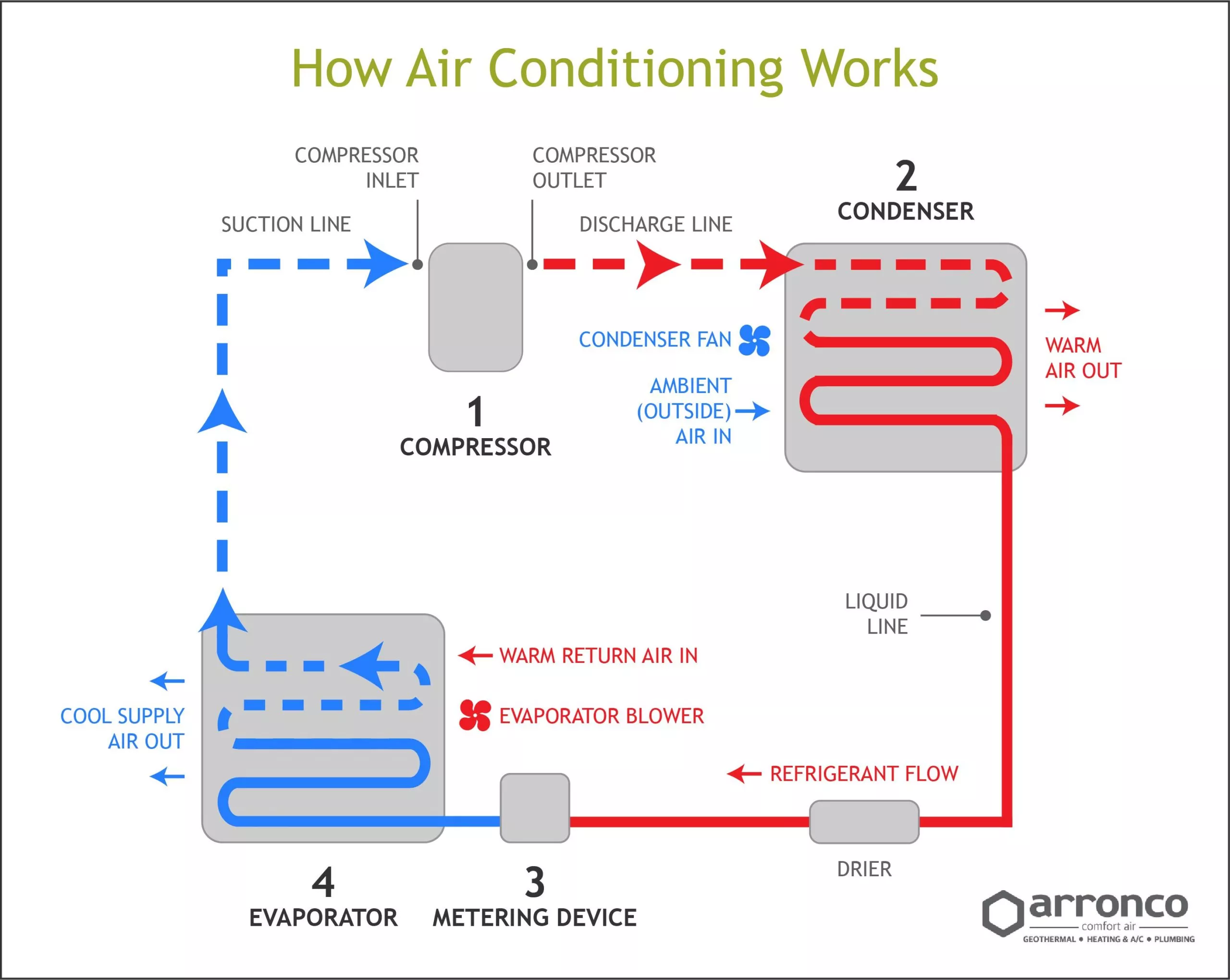
You can still end up wasting more gas on your car when your air conditioning system on your car is not clean or well maintained. When your AC is not clean or not well maintained, it requires more energy to work. If your AC is not clean, it's not effectively cooling your car. As a result, you try to increase the temperature a bit more.
Air Conditioning Removal and Disposal Alliance Climate Control
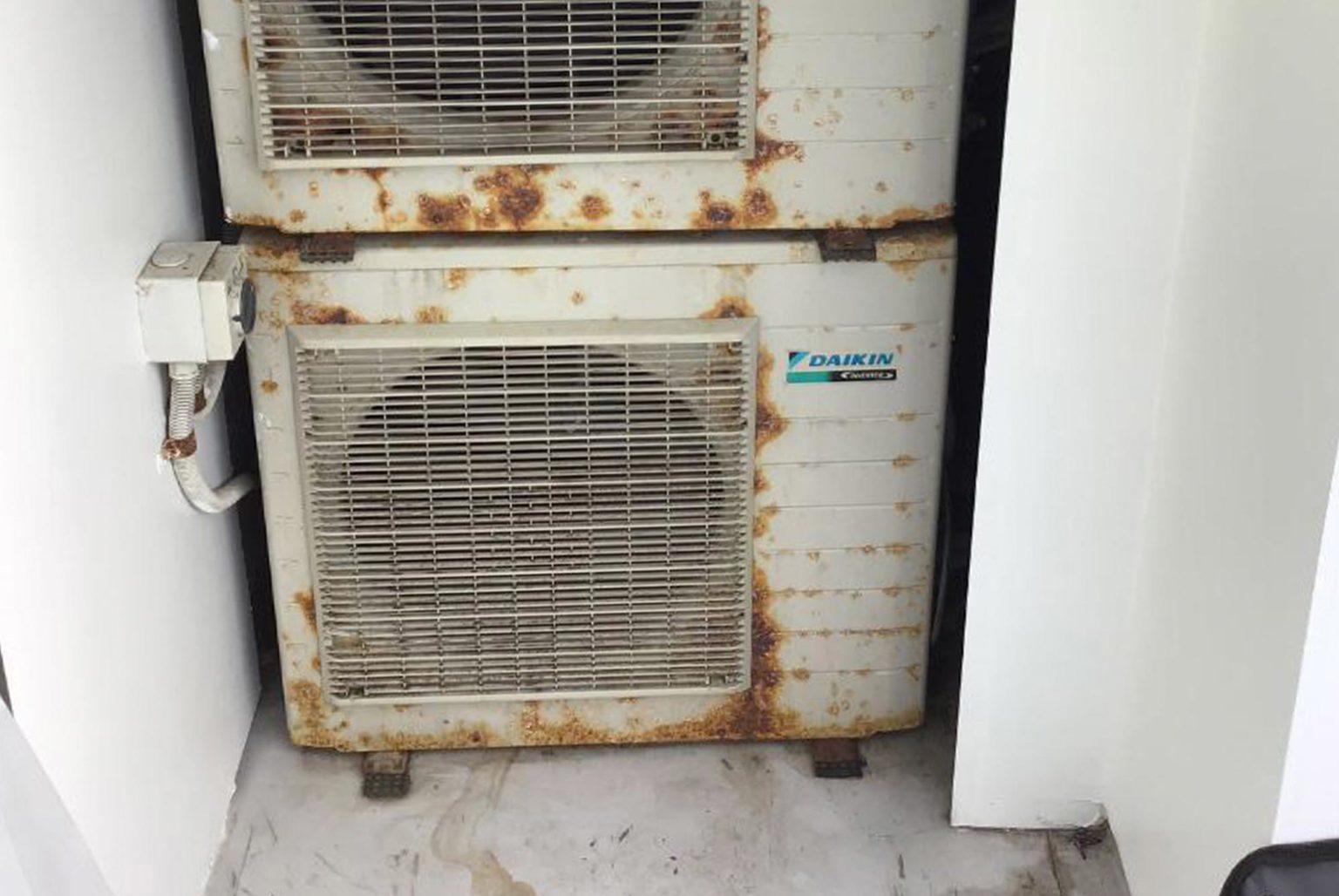
The evaporator: circulates the air through the refrigerant before it cools off your car. Does Using the AC Waste Gas/Decrease Efficiency? Since your AC draws energy from the alternator, which is powered by your car's engine, your AC uses fuel. That's why your AC doesn't work while your car is turned off.
Filling Gas in an AC Unit Equipment, Rates, Tips and More Zameen Blog

The higher the MPG, the more fuel-efficient the vehicle is. Efficiency is a complex interplay of various factors, including the vehicle's engine, weight, and driving conditions. AC usage is one of these factors, but it's not the only one influencing gas mileage. Factors like tire pressure, vehicle maintenance, and driving habits also play.
Air Conditioners Will Heat Your Home Cheaper Than Gas. Here's Why.
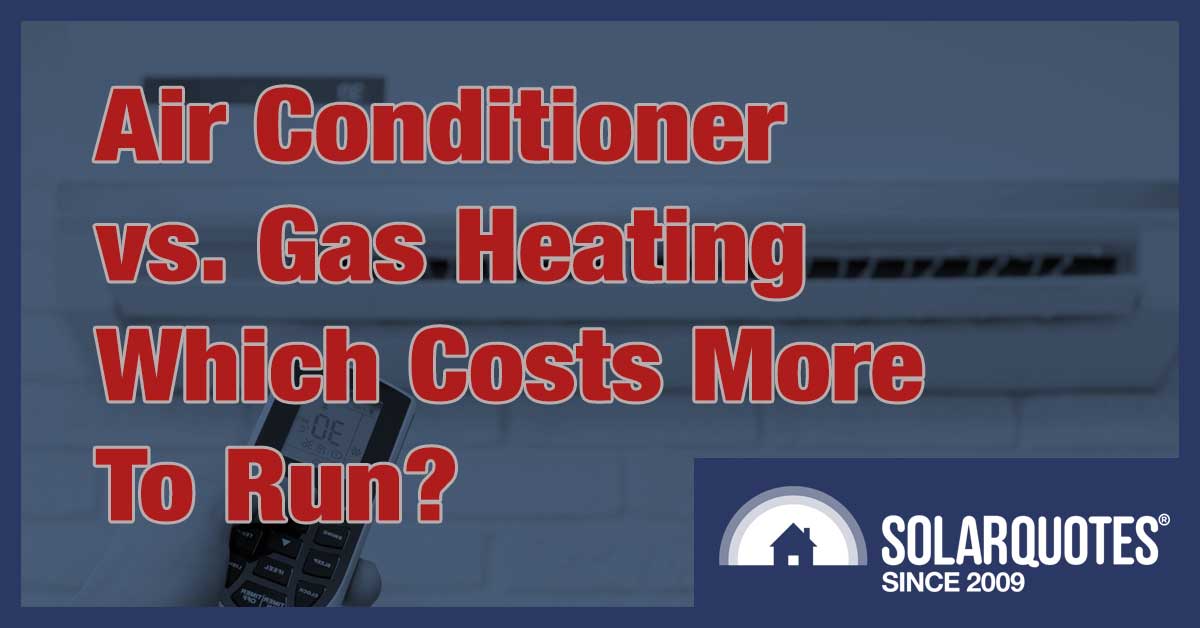
Key Takeaways. Running the air conditioner in gas-powered cars does consume fuel due to the engine powering the AC system. Typically, running the car heater uses less gas than the air conditioner, but both have impacts. Air conditioning can reduce fuel efficiency, potentially costing between one and four miles per gallon depending on usage.
How Your Air Conditioner Works Polar Bear Heating & Cooling

1. Keep your tank full to prevent evaporation. Letting your gas gauge approach empty is never a good idea. But the theory that topping off your tank prevents fuel evaporation is bunk. Modern cars.
Does The Central Air Conditioner Waste Electricity? Ventech

Yes, a car's AC system uses gas. Every accessory and feature in your vehicle requires power to run. If you drive a gas-powered car, the electricity is provided through the fuel. Therefore, the air conditioning and other systems all require gas to run, with some going through more than others.
Does Using The Air Conditioner Waste Gas Wood Stoves DSAWSP Using waste heat from air
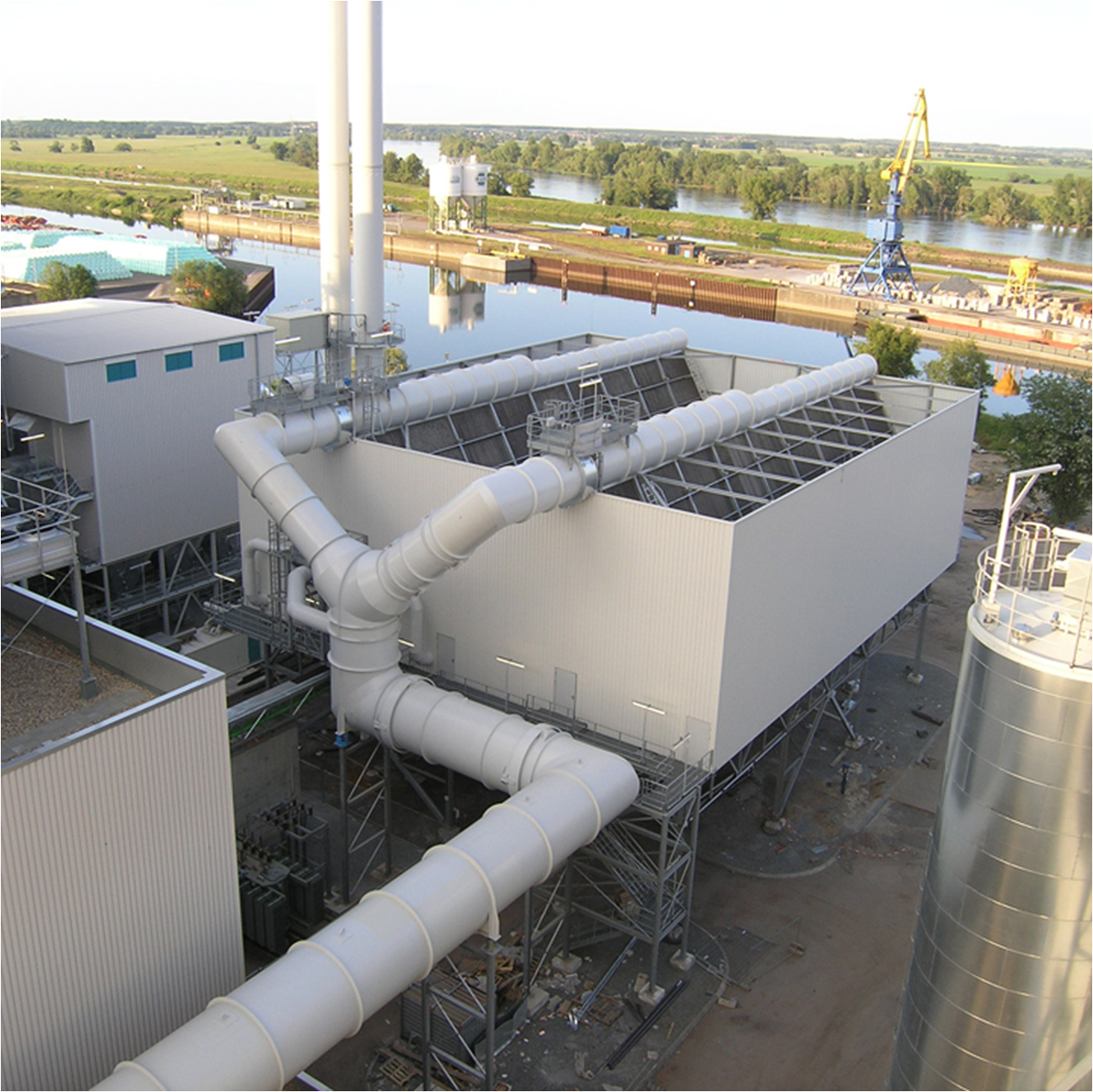
Does the heater use gas in the same way the AC does? Since the heater typically utilizes waste heat from the engine to warm the vehicle, it does not require the same amount of direct energy as the air conditioner does. This means that the heater has a much less significant impact on fuel consumption compared to the AC.
How Does An Air Conditioner & Heat Pump Work? Basic HVAC Tutorial MicroMetl Corporation's Blog
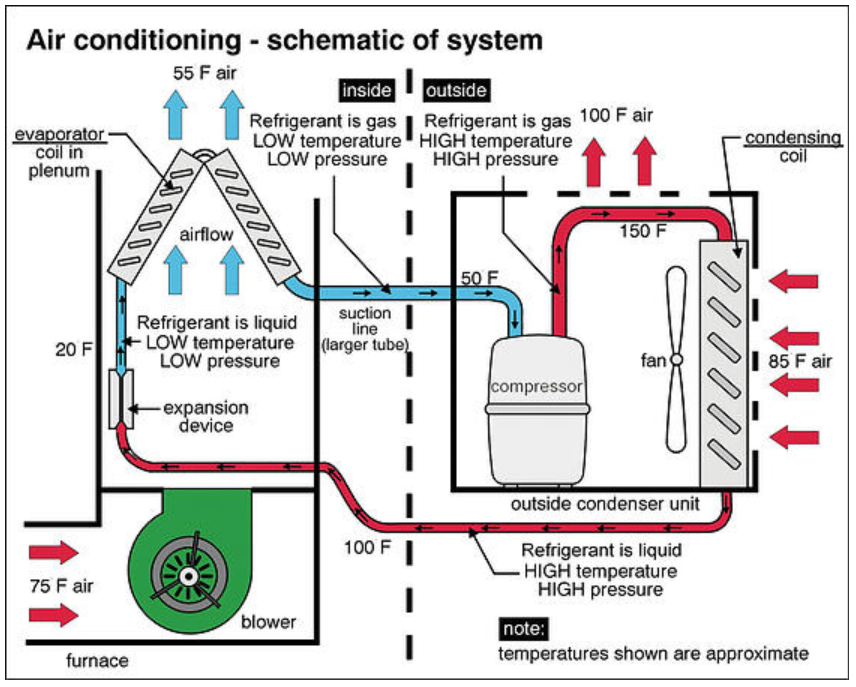
The Ac can consume a lot of gas. - Stingray Chevrolet. In the worst-case scenario, the EPA claims that utilizing your vehicle's air conditioning system can lower fuel efficiency by up to 25%. For an automobile that averages roughly 30 MPG, it's a 7.5 MPG penalty.
Does Air Conditioner Waste Gas? Discover the Truth Here Smart AC Points

In a modern car, an air conditioning system will mean a negligible MPG reduction. Perhaps 1% or 2% lower than usual, those kinds of figures. The older your car gets, the more it'll affect your fuel economy. Expect the oldest vehicles on the road to use 10% or 20% more gas when their A/C is switched on. Ensure you keep your car's gas mileage.
Does Waste Management Take Air Conditioners (Here's The Truth)
By Emma 10/15/2023. Air conditioners do not use gas; they use electricity to run. Your home air conditioner will reflect on your power bill, which will be higher in the summer due to increased usage. Consider limiting your power usage during peak times or raising the temperature slightly to save on your monthly bills.
Can Your Home Air Conditioning Be Gas Powered? Murfreesboro Real Estate EXIT Realty Bob

Air conditioning uses gas because it is a system directly connected to the vehicle's engine. Anything that draws a load from the engine—such as spinning the water pump, alternator or AC compressor pulleys—pulls engine power, in the form of additional gasoline, to operate the accessory.
Air Conditioning Gas Leaks What You Need to Know Aircon Expert

Electric air conditioners. These are the most prevalent type of air-cooling equipment. They consist of: a. Central Air Conditioners: These circulate cooled air through ducts and vents within a structure using electricity.An outside unit with a condenser and compressor and an indoor unit with an evaporator coil make up the two primary parts of a central air conditioner.
Causes of Airconditioner Gas Leak Aircon Services Singapore
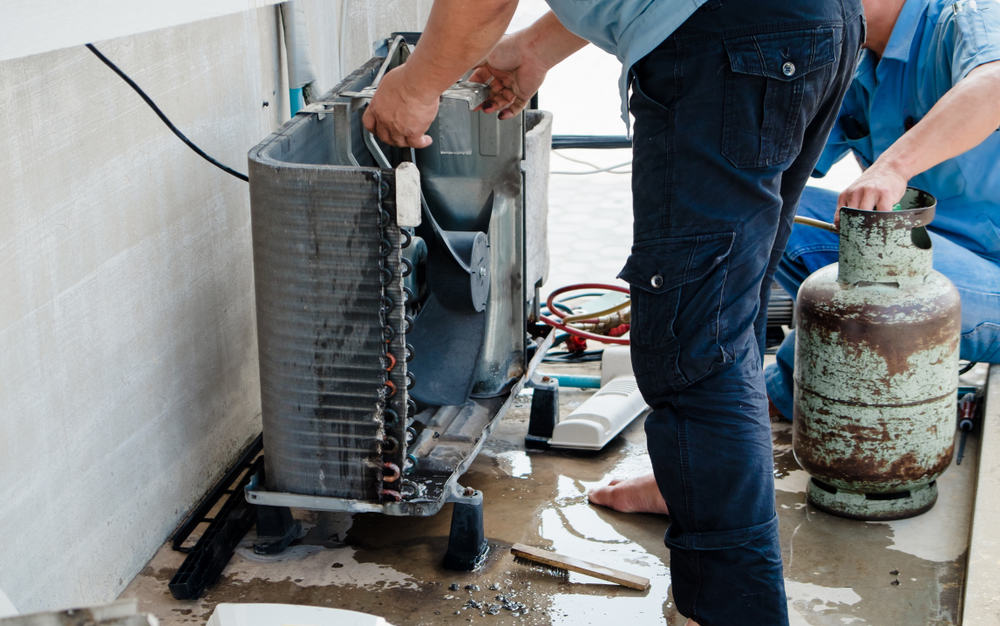
Michael Hart, 58, of San Diego, is accused of buying coolants in Mexico and smuggling them over the border in his vehicle, concealing the canisters under a tarp and tools. Mr. Hart then posted the.
Heating and Air Conditioning Repair in Farmers Branch, TX Explains the Benefits of Adding a
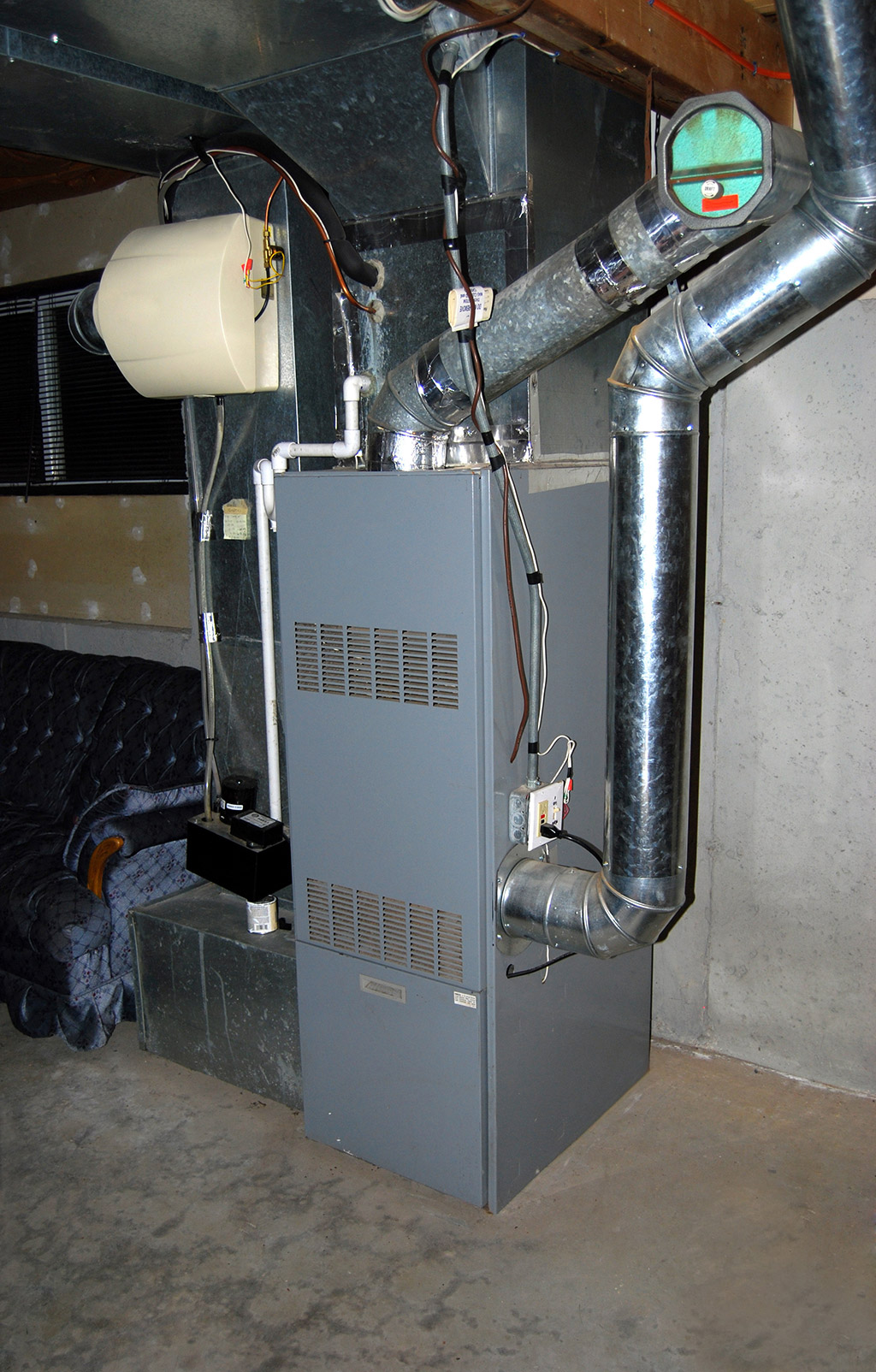
No, an air conditioner does not waste gas. It runs on electricity and does not consume or burn any type of fuel. Air conditioners are powered by electricity, not gas, and use refrigerant to cool the air. The misconception that air conditioners waste gas may stem from the fact that running the AC in a car can decrease fuel economy.
How to fill gas in air conditioner YouTube

Yes, the air conditioning (A/C) system in your vehicle uses up gas. Specifically, A/C can increase fuel consumption by up to 20% , which is more than any other auxiliary feature in your car. The exact percentage can vary depending on things like the vehicle's size and the temperature outside. The A/C system in your car takes energy from the.
Does Using The Air Conditioner Waste Gas / Aircon Gas TopUp AIRCOOL PTE LTD That said, here
Running your car's air conditioning does increase fuel consumption, but the specific amount can vary widely depending on several factors. The effect on gas mileage can be as little as 3% to as much as 10% or more in severe conditions. Outside temperature: Using the AC is more fuel-efficient than driving with the windows down at high speeds.